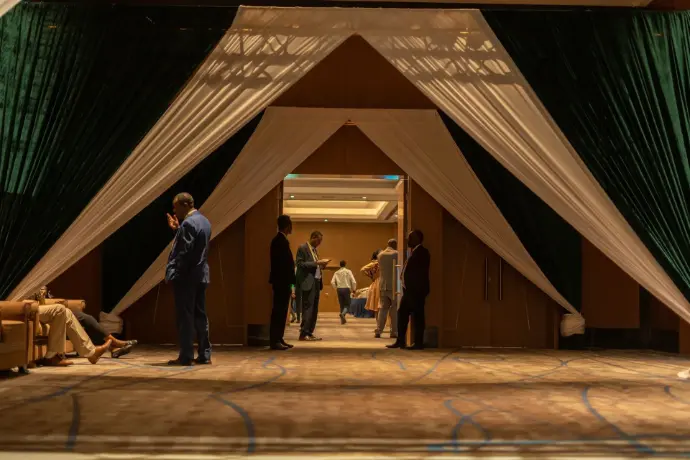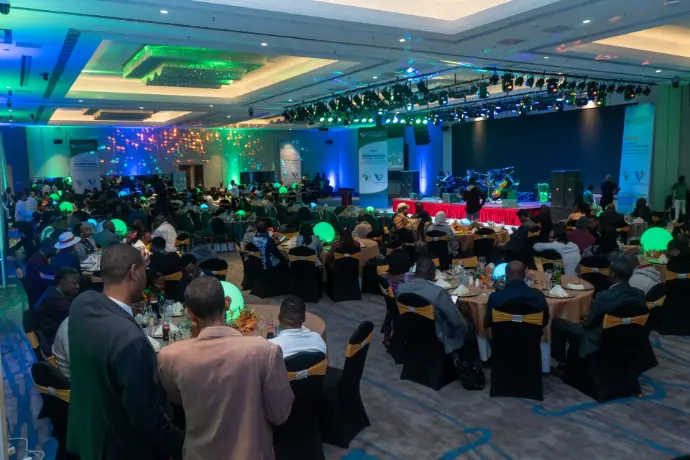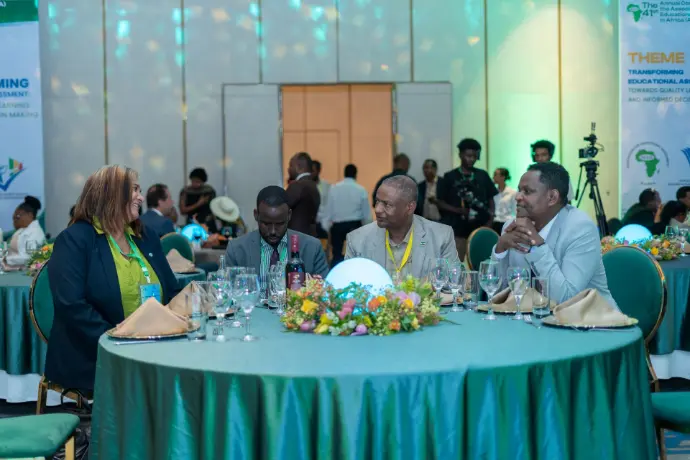EDITORIAL
After yesterday's refreshing historical and cultural tours, delegates returned to the conference hall with renewed energy. The discussions on Day 4 were as deep and enriching as the history the participants explored. Today’s sessions focused on a crucial question: how do we turn the vast amount of educational data we collect into meaningful evidence that drives real change? The day underscored the need for a collaborative approach, balancing continental frameworks with local, African-led innovation and a strong focus on empowering the people at the heart of education: our teachers. The conference brought together a dynamic program featuring an inspiring keynote speaker, two engaging plenary sessions, and insightful presentations from the sponsoring companies. After lunch, participants dove into parallel sessions showcasing diverse research. Finally, today’s program is closed by bright full program of the Gala Night Dinner. Below are highlights from the presentations.
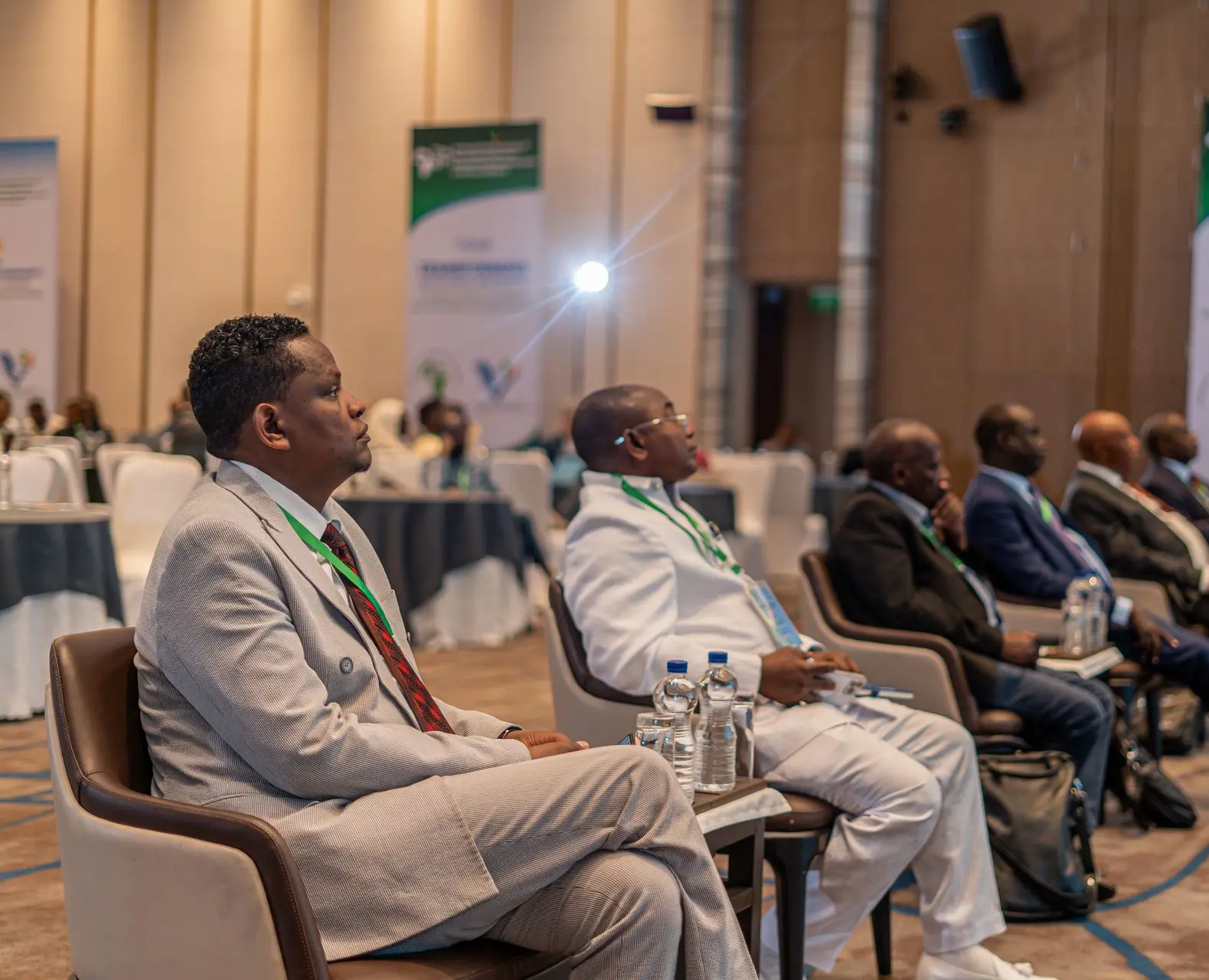
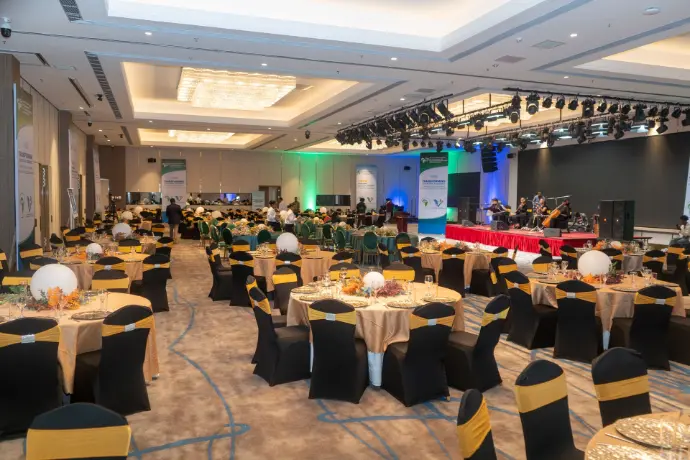
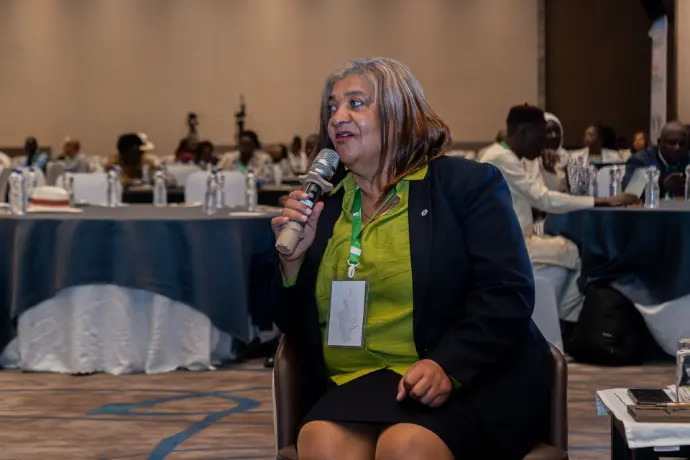
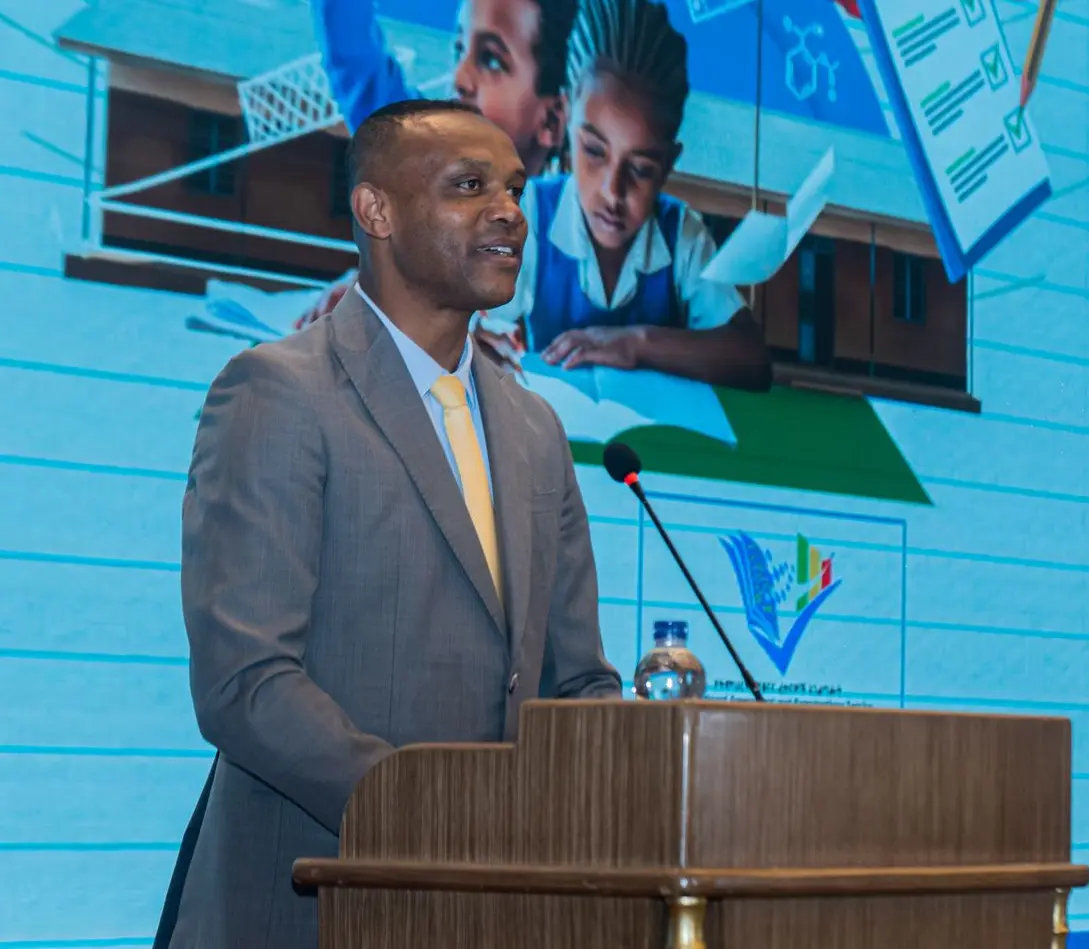
The day began with a warm welcome from the moderator, Mr. Taye Worku, who invited delegates to share impressions from the previous day’s excursion. The feedback reflected a shared pride in Africa’s history and set the tone for a day focused on building a better future.
Excursion Highlights
The Power of Evidence: From Data to Actionable Insights
The intellectual cornerstone of the day was a compelling keynote address by Prof. Ann O’Connell on “Data as Evidence: Implications for Building an Evidence Base in Education.” She emphasized that high-quality data is the foundation of educational research and essential for generating reliable evidence about what works. Professor Ann noted that education research has historically received less funding and training than other fields, calling for greater investment to support evidence-based interventions. She remarked that building the capacity of researchers is critical to ensure data are effectively applied in schools to drive genuine improvement.
The key takeaway was clear: data are not an end in themselves; they are the raw material to be refined and applied to transform practice.
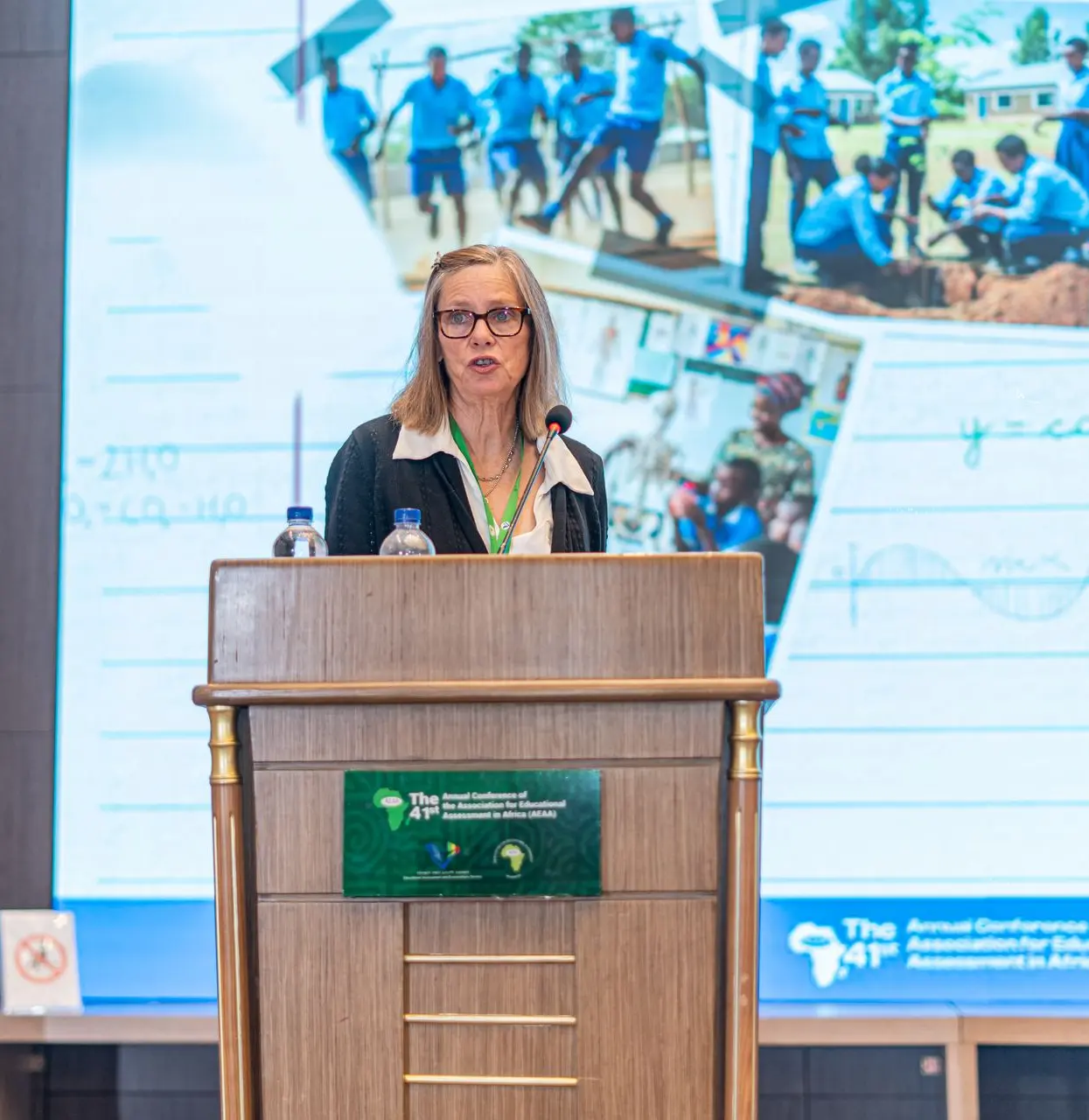
“…education research has historically received less funding and training than other fields…” (Prof. Ann’s view)
Mr. Tsegaye Lolaso
The day's plenary discussions culminated in a synthesis chaired by Prof. Ibrahim Danstani Wushishi, who wove together the philosophical and practical insights to reaffirm a shared commitment: to use assessment as a tool for progress and a catalyst for collaboration across the continent.
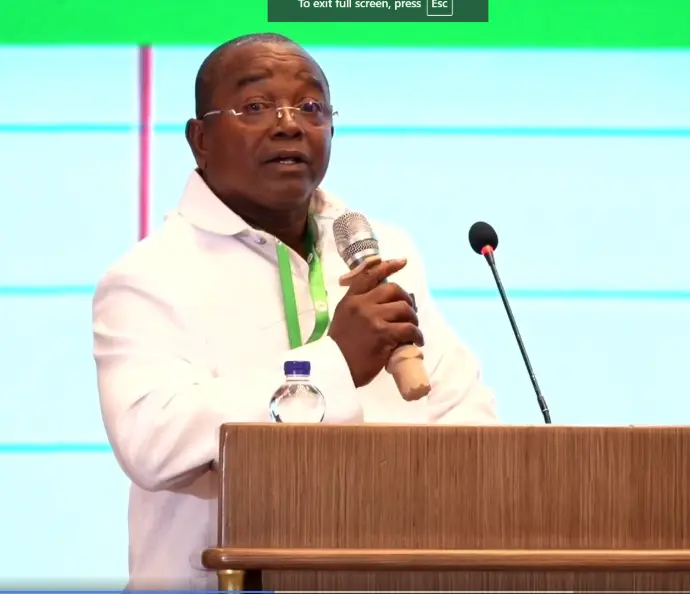
Chairperson Prof. Ibrahim Danstani Wushishi
Harmonizing for Continental Progress: A Shared Vision
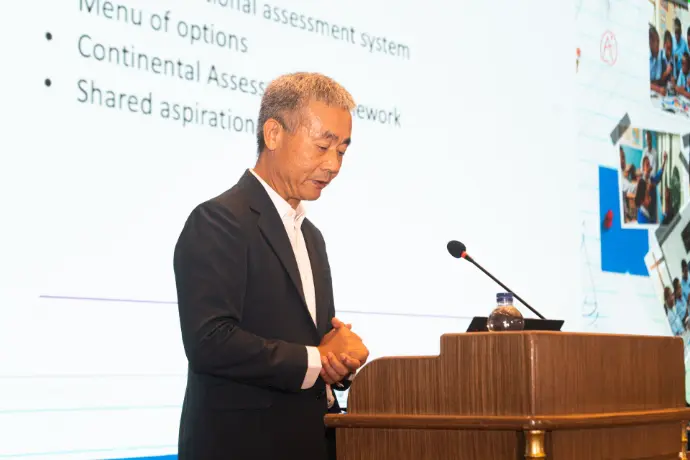
Building on the theme of data-driven policy, a series of plenary sessions featured a framework from the UNESCO Institute for Statistics (UIS) for aligning national assessments with global standards. With a focus on SDG 4.1.1a and 4.1.1b, which are aligned with Assessment for Minimum Proficiency Levels (AMPL) and the Global Proficiency Framework (GPF), presenters showcased how African nations are leveraging this data. Case studies from The Gambia, Kenya, and Zambia illustrated how AMPL data can inform national education strategies, policy revisions, curriculum adjustments, and equity-focused initiatives. The overarching message was that African nations can and should measure what matters most for their children, adopting a unified, data-driven approach to educational development.
African nations can and should measure what matters most for their children, adopting a unified, data-driven approach to educational development. (Views from UNESCO-UIS)
The Role of African Innovation: Empowering People and Systems
The conference also highlighted the crucial role of the private sector in driving locally led solutions. Notable presentations included Qelem Meda Technologies, which showcased its African-led innovations. Similarly, Berhaneena Selam Enterprise and CQ Tech, which detailed their services in paper printing, certification, and exam management.
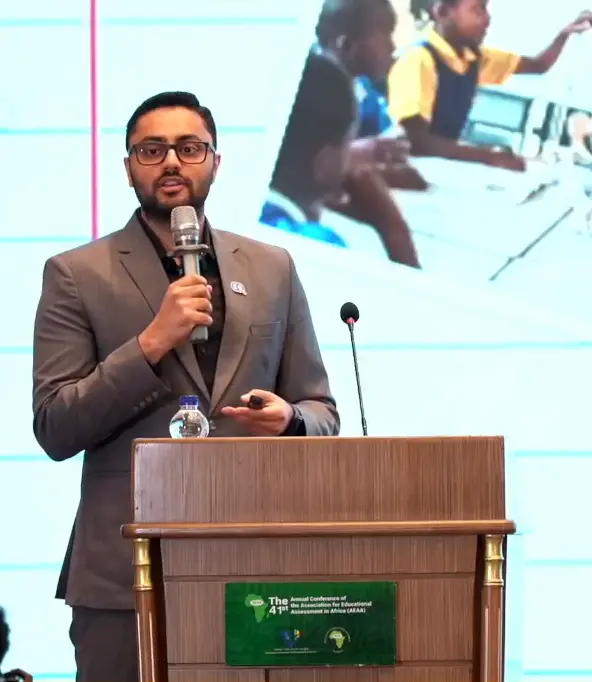
Representative of CQ Tech presenting its products for educational assets
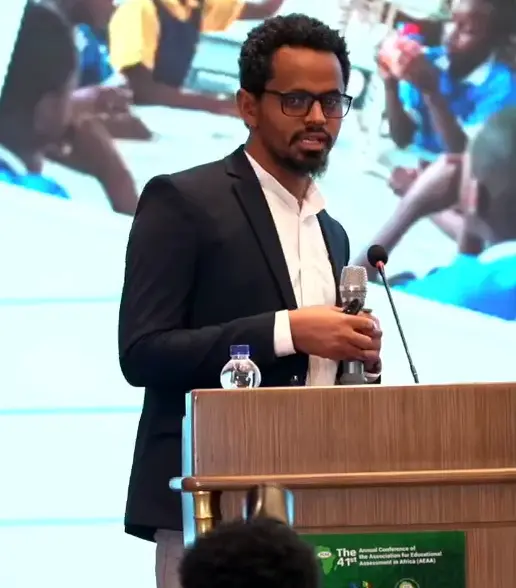
In a particularly compelling session, Mr. Tsegaye Lolaso Lenjebo and Mr. Bruce Oreh of the IRC presented their findings on the direct link between comprehensive teacher professional developments and improved learning outcomes. Their research showed how targeted training improves teacher attitudes, well-being, instructional practices, and the overall quality of the learning environment, reinforcing the idea that investing in teachers is foundational for systemic change.
The day 4 afternoon parallel sessions continued, bringing the total number of papers presented so far to an impressive 100 across seven parallel sessions. South African presenters, especially those from Umalusi, nearly dominated the Abissinya Ballroom 02. Of the five presentations, four were theirs. Their contributions enriched our week-long stay, and we extend our gratitude to the South African presenters from Umalusi, and all presenters and attendees.
Here are some of today’s papers presented
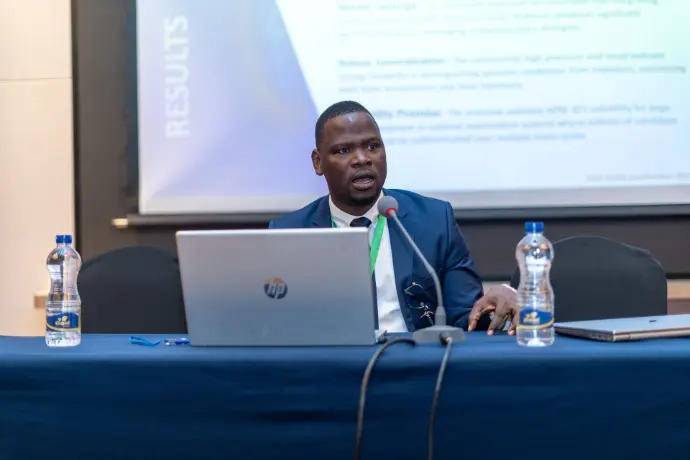
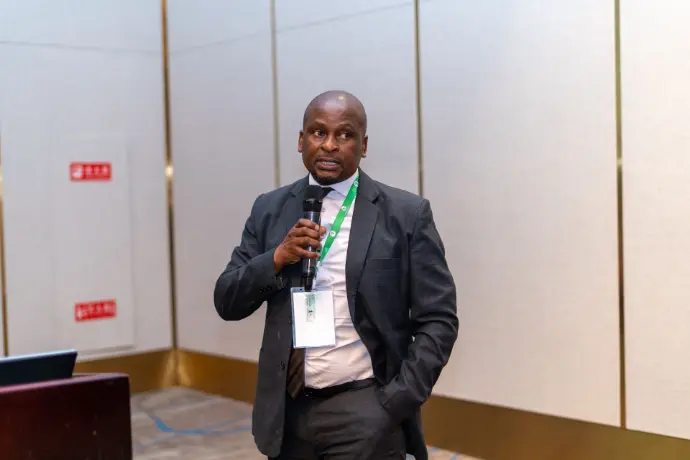
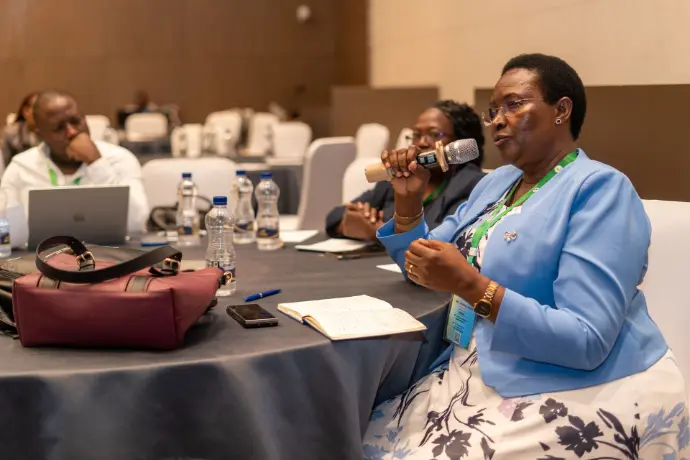
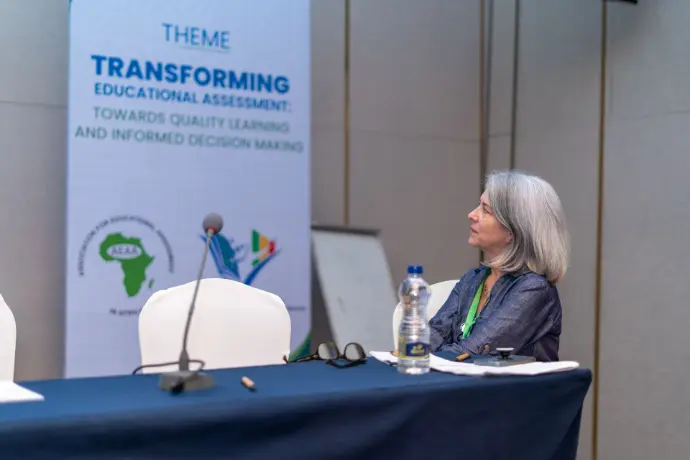
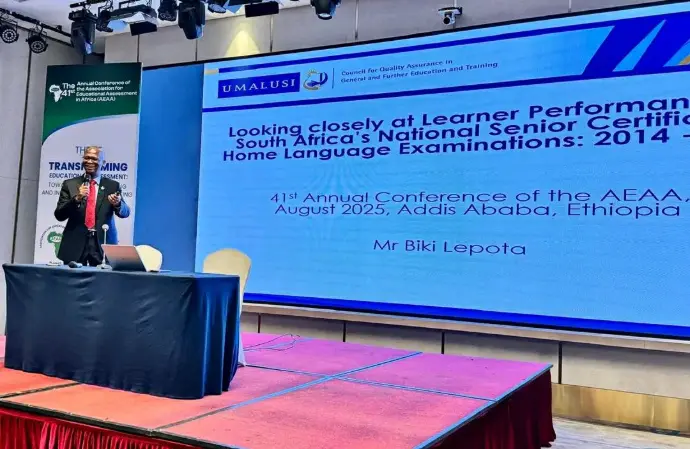
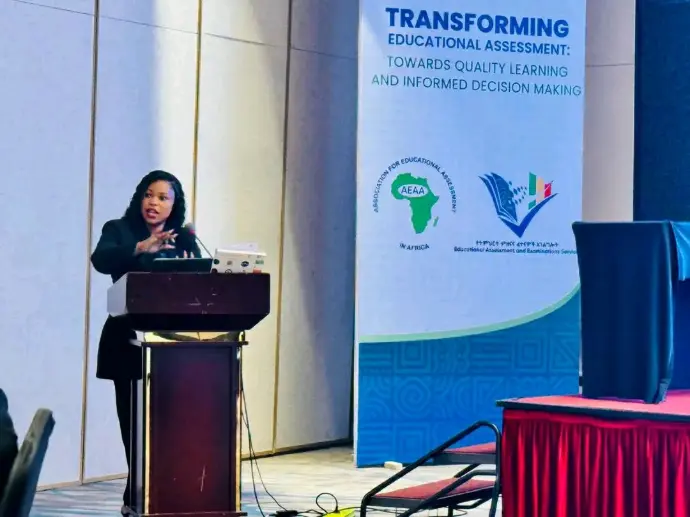
Gala Night Dinner partial views in photos
